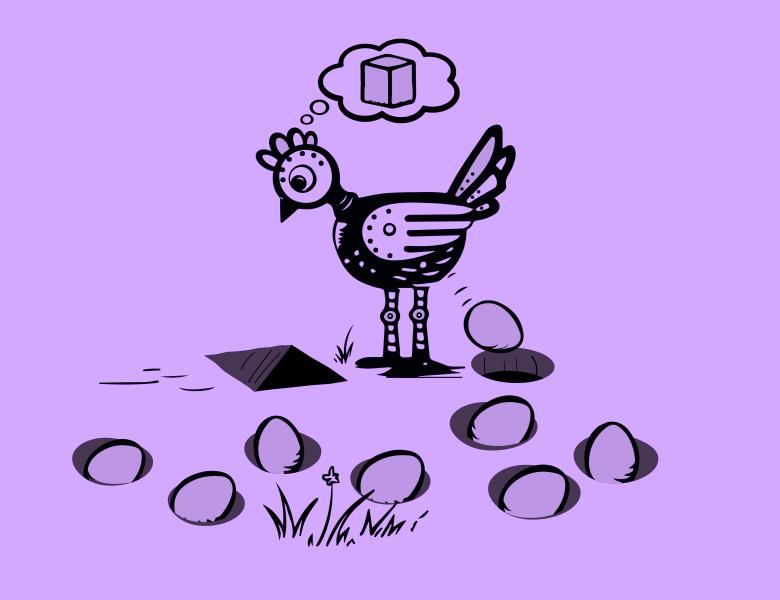
Abstract
Can a mere next-token predictor faithfully model human intelligence? We crystallize this intuitive concern and point out prevalent fallacies in this ongoing debate. Primarily, we argue that the two often-conflated phases of next-token prediction -- autoregressive inference and teacher-forced training -- must be treated distinctly. The popular criticism that errors can compound during autoregressive inference, crucially assumes that teacher-forcing has learned an accurate next-token predictor. This assumption sidesteps a more deep-rooted problem we expose: in certain classes of tasks, teacher-forcing can simply fail to learn an accurate next-token predictor in the first place. We describe a general mechanism of how teacher-forcing can fail, and design a minimal planning task where both the Transformer and the Mamba architecture empirically fail in that manner -- remarkably, despite the task being straightforward to learn. We provide preliminary evidence that this failure can be resolved when training to predict multiple tokens in advance. We hope this finding can ground future debates and inspire explorations beyond the next-token prediction paradigm.


